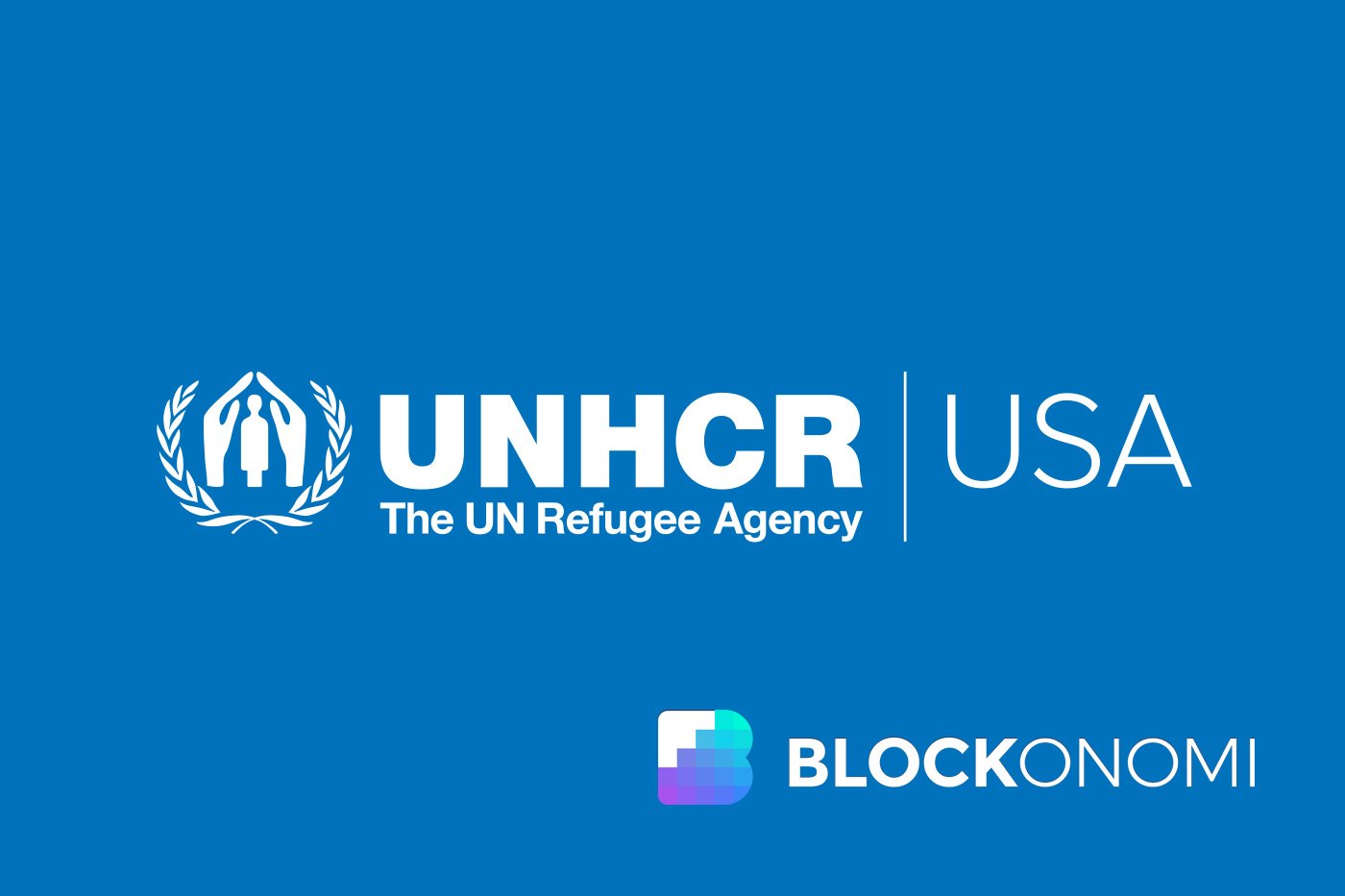The United Nations High Commissioner for Refugees (UNHCR) is embracing blockchain technology and zero-knowledge proofs to enhance its mission around the world. According to UNHCR Treasurer Carmen Hett, the technology is uniquely suited to help the organization streamline its aid delivery while also protecting the sensitive data of over 114 million refugees.
Hett made her remarks while speaking at a panel discussion in Switzerland as part of Decentral House. The event saw experts in web3 from organizations like Cardano, the United Nations, and the World Trade Organization come together to discuss the latest developments in the ecosystem.
The UNHCR has been working with blockchain technology for almost a year already, as it announced the launch of its first blockchain-based payment solution back in December 2022. The move was received with skepticism both inside and outside the agency according to Hett but was quickly accepted after the success of its first implementation.
Delivering Fast, Free Aid with Crypto
The way the UN agency is using blockchain to fulfill its mission is by implementing Cardano-based solutions to crowdfund and distribute aid to millions of refugees around the globe. Digital wallets make it easy for both donors and refugees to donate and receive aid anywhere in the world, while a decentralized ledger helps maintain 100% transparency at all times.
The UNHCR program also builds digital literacy and gives refugees more control over their finances. This was one of the major pain points when first implementing the program, as blockchain-based solutions tend to be highly technical and not easily accessible.
However, Hett and his team quickly found that the freedom and improved efficiency of the new system were enough to get the engagement necessary to get the program running. Now, with the UNHCR “scaling up” the program, other agencies could follow through and implement similar solutions.
Fundraising Through Crypto Staking
As part of its efforts to facilitate blockchain fundraising, the UNHCR has launched a staking pool where members of the public can delegate crypto funds to support operations. The project, called “Blockchain for Refugees”, operates in a similar way to other Cardano staking pools but with one key distinction: all rewards go to the UNHCR.
This approach allows any ADA (Cardano’s coin) holder to passively support the UNHCR mission while also contributing to the network’s efficiency and security. The funds raised as a result will then be destined for UNHCR’s field operations (80%) and innovations funds (20%).
As Cardano allows ADA holders to remain in control of their assets while staked, they get to support the agency without losing acquisitive power. Donors can also withdraw their funds at any time without incurring a penalty, which makes this new form of staking an innovative approach that could make a significant difference.
Why Cardano?
As Cardano digital IDs and payments grow more commonplace, the UNHCR is also using it to better safeguard refugee data. Hett said the agency is exploring zero-knowledge proofs and other privacy technologies to “make sure the identity is actually secure and safe for the people at risk”.
According to the UNHCR, Cardano was chosen to collaborate in this project due to its community being “highly engaged” and its unique staking mechanism. Since the start of the project, the agency has also collaborated with Cardano-based projects like TURF NFT and NMKR, Fabio Giampietro and Valuart, Goat tribe, and many more.
By starting small but scaling impactfully, the UNHCR is creating a blueprint for blockchain to create a more empowering and self-determined experience for the world’s refugees. In fact, with cryptocurrency and blockchain already proving themselves as a valuable resource for global charity, the model piloted by UNHCR and Cardano could prompt further adoption from humanitarian groups.
Tags: Blockchain, Crypto News
